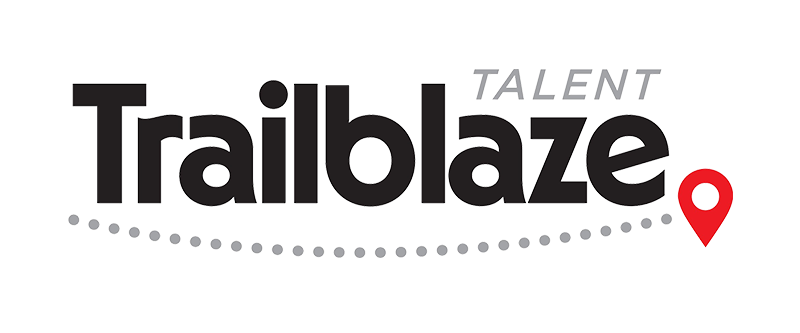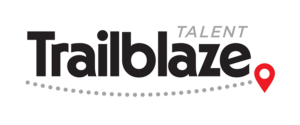
The Art of Following Up After a Job Interview
The job interview process doesn’t end when you leave the room. Following up is a crucial step often overlooked by many candidates. In the realm of staffing and recruitment, a well-executed follow-up can set you apart and keep you top of mind with potential employers. Here’s how to master this art effectively.
Send a Thank-You Note: Within 24 hours of your interview, send a personalized thank-you email. Express gratitude for the opportunity, reiterate your interest in the role, and briefly mention a highlight from the interview that reinforces your suitability.
Keep It Professional and Concise: While showing enthusiasm is important, it’s equally crucial to be professional. Keep your follow-up message concise and focused.
Reinforce Your Value Proposition: Use the follow-up to remind the employer of the unique skills and experiences you bring to the table. Tailor this to align with the key qualifications they seek.
Address Any Concerns: If there were any concerns or questions raised during the interview about your fit for the role, the follow-up is a good opportunity to address them directly and reassure the employer.
Demonstrate Patience and Respect: Understand that hiring decisions can take time. Avoid sending multiple follow-up messages or appearing impatient. Respect the hiring process and the employer’s timeline.
Utilize LinkedIn: If you haven’t already, connect with the interviewer on LinkedIn after the interview. This can be a subtle way to keep your profile visible to them.
Be Prepared to Move On: Sometimes, despite a strong follow-up, the answer may be a no. Be prepared to accept it professionally and use the experience as a learning opportunity for future interviews.
In the competitive job market, following up after an interview is an opportunity to reinforce your interest and suitability for the role. It’s an extension of your interview and, when done right, can significantly influence the hiring decision. In your job search journey, consider the follow-up as an integral part of your strategy to secure the ideal position.







